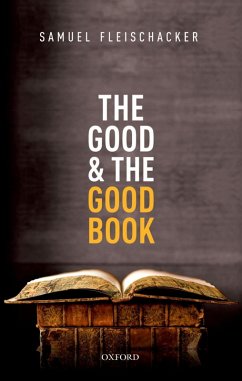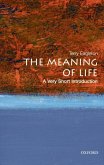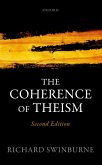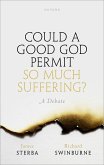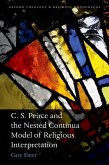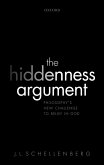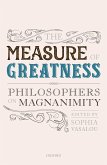'It is written ...,' says the believer in a sacred text, and proceeds to justify all manner of terrifying things. Or so runs a popular caricature of religious faith today. Religions that center around a revelation--around a 'good book,' like the Torah or Gospels or Quran, which is seen as God's word--are widely regarded as irrational and dangerous: as based on outdated science and conducive to illiberal, inhumane moral attitudes. The Good and the Good Book defends revealed religion and shows how it can be reconciled with science and liberal morality. Samuel Fleischacker invites us to see revealed texts as aiming to teach neither scientific nor moral doctrines but a vision of what life is about overall. Purely naturalistic ways of thinking, he argues, cannot make much sense of our overall or ultimate good; revealed texts, by contrast, do precisely that. But these texts also need to be interpreted so as to accord with our independent understanding of morality. A delicate balance is required for this process of interpretation?between respecting the uncanny obscurity of our sacred texts and rendering them morally familiar. The book concludes with an account of how believers in one religion can respect believers in other religions, and secular people.
Dieser Download kann aus rechtlichen Gründen nur mit Rechnungsadresse in A, B, BG, CY, CZ, D, DK, EW, E, FIN, F, GR, HR, H, IRL, I, LT, L, LR, M, NL, PL, P, R, S, SLO, SK ausgeliefert werden.

